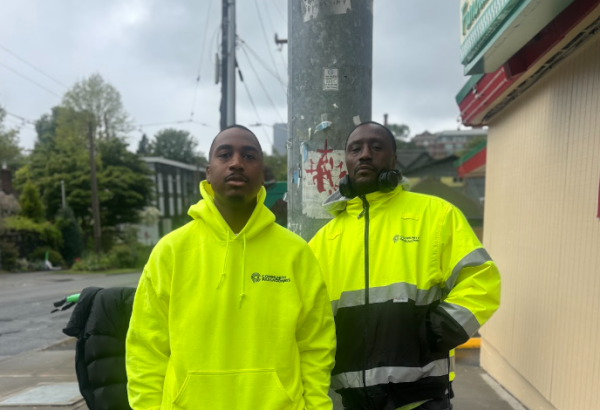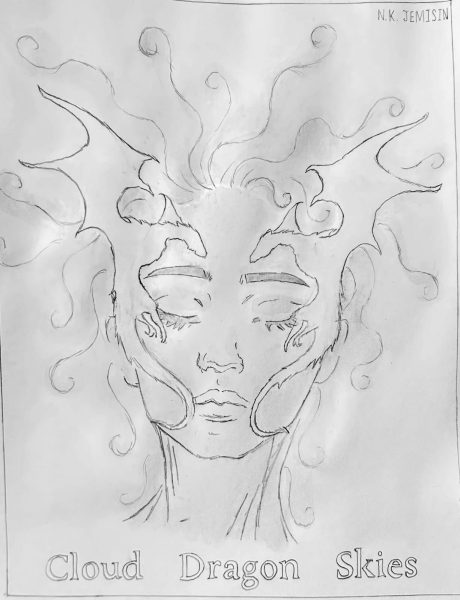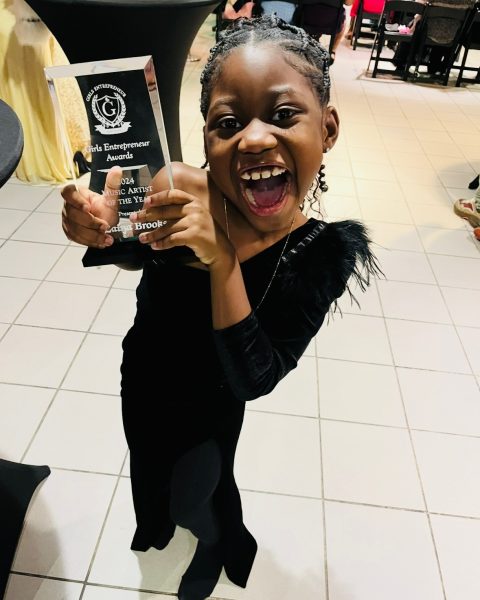Tribes on Turkey Traditions
A different perspective on Thanksgiving
Remember in elementary school when your class dressed up like pilgrims and reenacted the first Thanksgiving dinner? You painted a picture of unity and peace between the European pilgrims and Native Americans. However, many Native Americans say that this image of harmony is far from accurate.
The Mashpee Wampanoag tribe in Massachusets was one of the groups impacted by the earliest wave of colonizers from Europe. In an interview with the Huffington Post, Mahtowin Munro, the tribe’s council leader said, said, “all around the country, schools continue to dress up their children in little Pilgrim and Indian costumes. The Indians welcome the Pilgrims and sit down together and everybody says ‘Isn’t that cute, that’s so nice.’ That’s not at all what happened.”
Thanksgiving is a holiday that has been celebrated by Americans for almost 400 years, but this commercialized celebration, one that is actually a Native American tradition, glorifies the destruction of indigenous civilizations.
The lessons taught in schools incorporate aspects of cultural appropriation and often fail to recognize the cultural significance of certain traditions. The images portrayed in popular culture depict the first Thanksgiving dinner as peaceful but they gloss over the fact that, afterwards, European settlers decimated and exploited the Native Americans who had just graciously welcomed them into their culture.
Randy Woodley, a Keetoowah Cherokee, published an article in the Huffington Post further explaining the issues surrounding the americanized celebration of Thanksgiving. “The Thanksgiving Myth amounts to the settler’s justification for the genocide of Indigenous peoples and acquiescence to notions of White supremacy.”
While for some Native Americans on the east coast, Thanksgiving represents settlers and genocide, tribe members on the west coast have a different viewpoint.
“We didn’t get hit with that early genocide like tribes on the east coast did. Colonization was different for us. They left other issues, trust me. But not a lot with Thanksgiving” said Jane Pulliam, a member of the Culture Committee of the Chinook Nation, a tribe located in southwest Washington.
“If you would have come in to a Chinook council 200 years ago you would have been fed and taken care of no matter who you were. We like to share what we have. Nowadays [Thanksgiving] is different for every family” said Pulliam in regards to her tribe’s traditions surrounding the holiday.
Here in Seattle, our school and our homes are located on land that belonged to the Duwamish long before it belonged to any of us. So before you sit down to your Thanksgiving dinner this holiday season, remember that while it is important to give thanks, it is also important to acknowledge that we are partaking in a special tradition that has been around for much longer than us.
“[The Culture Commitee] was all over the table”
“If you would have come in to a Chinook council 200 years ago you would have been fed and taken care of no matter who you were. We like to share what we have. Nowadays it’s different for every family.”
Our chairman and his family love thanksgiving. They do the turkey, the dressing and the pie.
We didn’t get hit with that early genocide like tribes on the east coast did. Colonization was different for us. They left other issues, trust me. But not a lot with thanksgiving.





